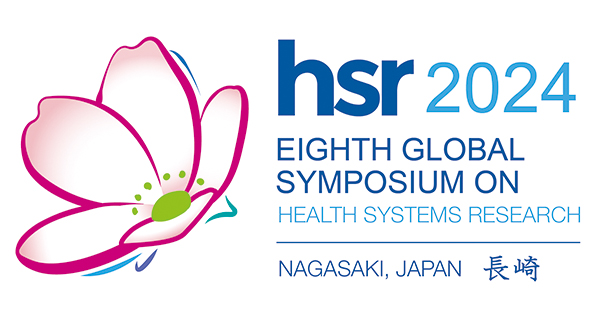Masters Programme, Department of Global Health
Master of Health Innovation course (MSc)
COURSE OVERVIEW
Duration
- Two years (enrolled in October)
Academic degree conferred:
- Master of Science in Global Health and Medicine (MSc)
Locations
- Lectures are held at the School of Tropical Medicine and Global Health, Nagasaki University.
- Short-term Field Trip is held during the first year in Japan.
- Long-term Practicum during the second year, which is a combination of internship at a project or organization outside Japan and master research project, is compulsory for all MPH studnets.
Completion requirements
- 21 credits from compulsory modules
- 9 or more credits from elective modules
- Successful completion of a master’s dissertation (thesis)
CURRICULUM
Major 5 topics for Health Innovation Seminar
MSc students are to choose 1 out of the following 5 major topics for Health Innovation Seminar, which is designed to develop ability of utilizing basic and applied science for global health issues:
- Basic and Applied Medical Sciences
- Vector Ecology
- Epidemiology/Group Health Science
- Health/Disease Information Science
- Medical Social Technology
Modules for each of the 5 topics
Based on a choice from the above 5 major topics, MSc students are to choose relevant modules to learn details of the topic under discussions with their supervisors and module administrators.
Modules related to Tropical Medicine
- Desiged to understand scientific, medical and clinical aspects of infectious diseases in the field of tropical medicine.
- Immunology
- Biotechnology
- Medical Microbiology I (virology)
- Medical Microbiology II (parasitology)
- Medical Microbiology III (bacteriology)
- Clinical Tropical Medicine (Syndrome)
- Clinical Tropical Medicine (Regional)
Modules of Epidemiology and Statistics
- Desiged to learn to efficiently utilize epidemiological and statistical tools for research.
- Epidemiology II (advanced epidemiology)
- Statistics II, III (multivariable regression models)
Modules related to Environment and Sanitation
- Desiged to obtain relevant knowledge related to environment, sanitation and hygiene.
- Medical Zoology
- Planetary Health
Modules related to International Community Health
- Designed to acquire knowledge for understanding of global health issues from a community health perspective.
- Reproductive Health and Gender I
- Child Health
- Community Health
- Reproductive Health and Gender II
- Public Health Nutrition
- Health Humanitarian Assistance
- Implementation Science
Modules related to Social and Behavioral Science
- Designed to provide students with a social point of view on health issues.
- Health Promotion I
- Medical Anthropology I
- Quantitative Social Research
- Qualitative Research Methods
- Health Promotion II
- Medical Anthropology II
- Demography
- Mixed Methods for Health Research and Evaluation
Modules related to Health Policies and Management
- Designed to acquire knowledge for offering solutions to various global health issues.
- Health Economics I and II
- Health System and Policy I and II
- Project and Programme Management I and II
- Development Assistance
- Health Finance
- Global Health Governance
- Social Entrepreneurship
Examples of previous students’ research projects
By graduates of 2022
The list of other dissertation (thesis) titles
FEES
| Application fee | 30,000 JPY |
|---|---|
| Admission fee | 282,000 JPY |
| Annual tuition fee | 535,800 JPY |
- Annual tuition fee is to be paid at every half a year with 267,900 JPY.
APPLICATION
Application requirements
- Bachelor’s degree from a recognized education institution (university, nursing school, etc.)
- Certificate of exam result of either of the following English exams taken on or after 1st January of two years before admission year
- IELTS Academic Module
- TOEIC Listening & Reading Test
- TOEFL
- TOEFL iBT
- Duolingo English Test
- *Applicants from English speaking countries or who completed a bachelor or master’s degree in English can be exempted from English exam
Please refer to the Application Guide for more detailes.
NOTICE: Those who do not satisfy the above requirements may still apply by undergoing Entrance Requirements Screening written on the Application Guide. Please carefully read the Application Guide and inquire to TMGH about your eligibility by the inquiry deadline written on the document (late November by ordinary).
Application periods
| Eligibility | Application | Entrance exam | Enrollment | |
|---|---|---|---|---|
| Japan-based applicants |
|
Early January to mid January † |
Mid February † | October 1 |
| International applicants |
|
Late March to mid April † |
Early May † | October 1 |
† Please refer to the Application Guide about the precise application periods and entrance exam dates of the forthcoming application deadlines
How to apply
Please carefully read the Application Guide and complete the required application forms.
MESSAGES FROM GRADUATES
Other messages from MSc graduates


